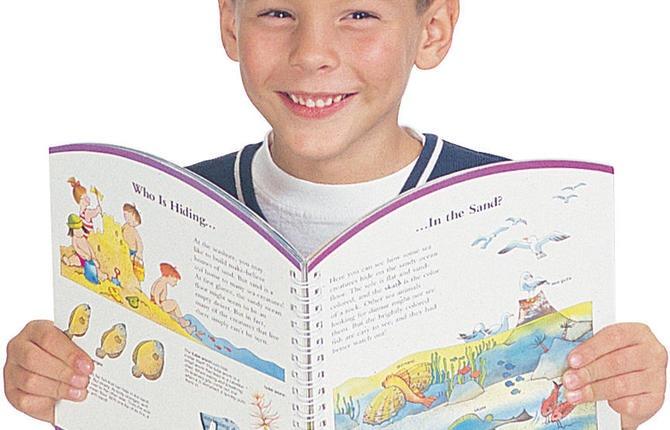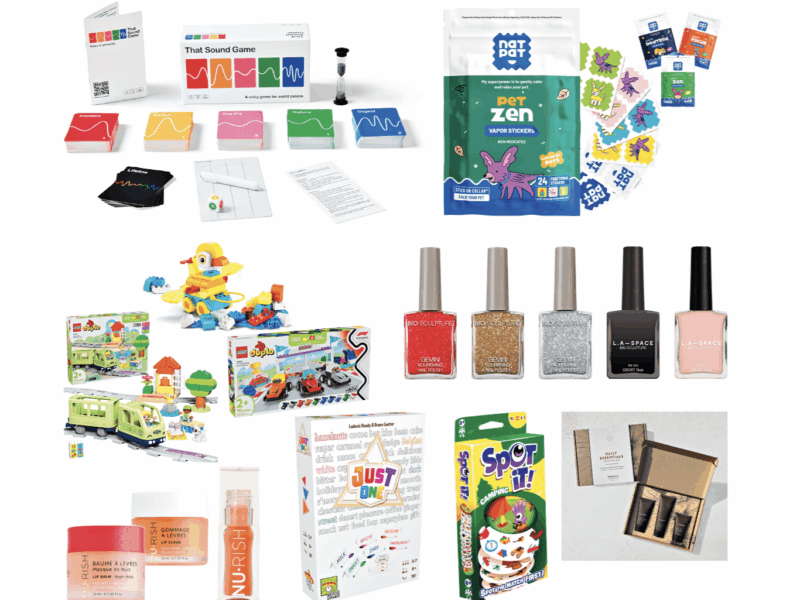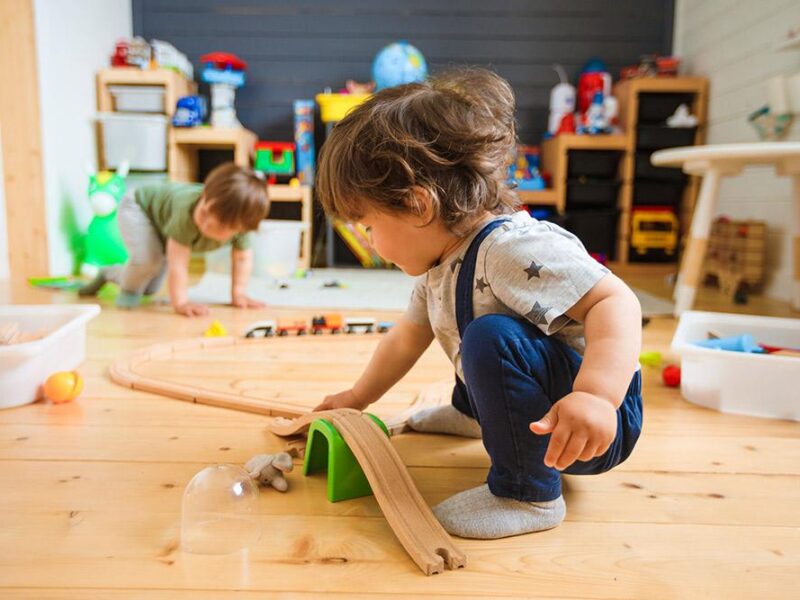
Get set for summer reading
You can hear the groans from students and parents alike as every June the teachers merrily wave the students on their way to summer vacation with cries of, “Have fun! Play outside! Don’t forget your sunscreen! Read! Read! Read! You have books to read by September. ”
Why do schools do this? Research shows that children who read during the summer holidays do better in school. It’s that simple. These students not only do better in reading, but also in writing and spelling. By reading during those long, idle summer months students are doing themselves a favour. But try telling that to someone who just wants to sleep, swim, play and hang out!
What can parents do to encourage summer reading?
To get the reading off to a great start, let your reader pick the books. Forget your own ideas about what constitutes a “classic” and let them choose their own books from the list, if one has been provided by a teacher. All the books on the list have some merit or they would not have made the list in the first place. If your child hasn't been given a summer reading list, create one by browsing online. Make sure your child has a say in a list you create together – the plain truth is that if your child doesn’t like the book they won’t read it—would you?
Next, head to the store, or library, with two or three choices. Explain that while the title may sound catchy, it helps to read the back cover to see if the story sounds interesting. Ideally the first page should be read too. Then, and this is the hard part; stand back. Browse. Have a coffee. Stay close in case there are questions or the choice is overwhelming, but choosing one’s own book gives the reader ownership. That alone may go a long way to getting the book read without a fight.
How to get the pages turning …
Once the books are at home and you see that they are collecting dust, your best bet to a hassle free reading summer is to share the reading. Depending on age and ability parents can read the book to the child, alternate reading one page with each other, or listen to your child read aloud a few pages and you finish up the chapter. All ages love to have a story read to them—some just show their joy more readily than others.
Seem like a lot of work for you this summer? Studies show that children with parents who are actively involved in their schooling process do better at school. By showing your interest and taking the time to read with your child you are demonstrating that reading has value; that reading can be fun; that reading is something you also do—not just something you say your child has to do.
Listen up!
Still not working? Buy the CD and “read” along. If it is a longer book, listen to the story together one chapter at a time and then talk about it so you are sure they were listening and comprehending the story line. But don’t ask direct questions! Instead, ask your reader for clarification. Just say you didn’t get the point about the missing shoe and can they help. Their answer, as they roll their eyes, will let you know if they are ‘getting it”.
Another way to get students to read is to have them tape themselves. It is a long process and one you are best not to get too involved in as students like to read the story, listen to themselves, laugh hilariously and then re-read the story again but this time “with feeling”. Once done your reader can play the tape back to you as they show you the pictures and enjoy your reaction. If it is a chapter book, this process will be laborious, so surprise them by reading a chapter first and then have them tape one. Neither of you may have the energy to keep recording it, but by this time you are already into chapter three and, with luck, the reader will be hooked.
Above all show that you are enjoying the reading. You never know, you may discover some new authors that will give your “classics” a run for their money.
• Claire Fripp is an elementary and middle school English teacher who has been reading to her students and her three children for 22 years. She is also the Rights Manager for Lobster Press, a Canadian publisher of quality children's books.




